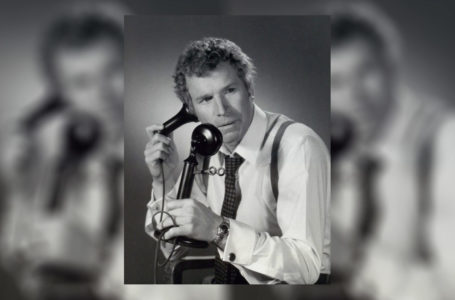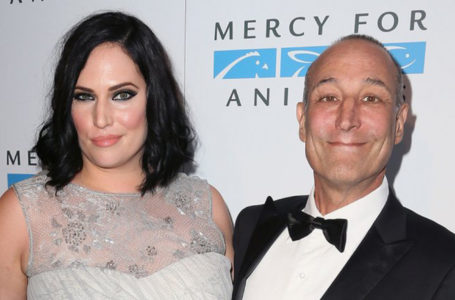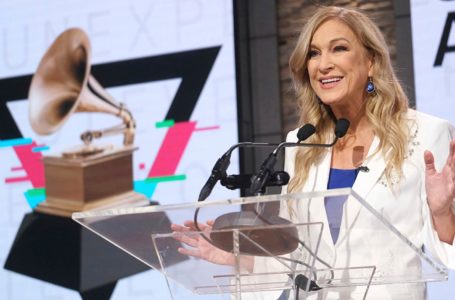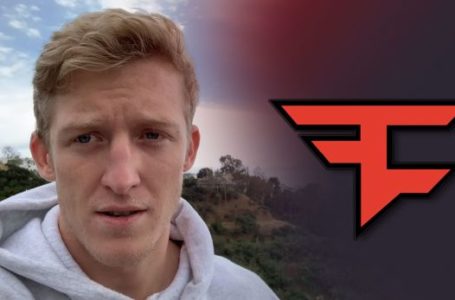A lawsuit filed in Los Angeles on behalf of a prominent professional player for the video game “Fortnite” is bringing scrutiny to the contractual terms to which esports franchises hold their players. The legal complaint, filed by lawyers on behalf of Turner “Tfue” Tenney, claims the player’s organization is taking 80 percent of the revenue from his sponsorship deals while also unilaterally denying potential offers, thereby limiting his earning potential illegally under California law.
The filing has catalyzed the latest salvo in an ongoing debate within the esports and video-game community regarding player rights in an industry projected to generate $1.1 billion in revenue this year, according to NewZoo, a market research firm.
Tenney, 21, was the most watched “Fortnite” player on Twitch over the past 30 days, accruing more than 11 million viewer hours according to Twitch Metrics. (Twitch is owned by Amazon, whose CEO, Jeff Bezos, owns The Washington Post.) Tenney’s lawyers filed the lawsuit against his gaming organization, FaZe Clan, arguing they are operating as a de facto talent agency — one that is both unlicensed by the state’s Labor Commission and charging a “grossly unconscionable commission,” according to the complaint.
Tenney also claims he has been prevented from entering into deals with companies, such as video game peripheral company HyperX, that compete with FaZe Clan sponsors.
“The point of bringing the case was to make sure that gamers and streamers and esports people are protected; protected in all forms in terms of how they’re living, what their obligations are under contract, and who is representing them.”
Bryan J. Freedman, Tenney’s attorney, said in a phone interview.
In response to the filing, FaZe Clan issued a statement via Twitter that they have not taken any of Tenney’s tournament winnings or social media revenue, and that their total revenue from Tenney has been $60,000 while Tenney has earned “millions.” The post did not address brand deals, which can be highly lucrative.
— Lee Trink (@leetrink) May 20, 2019
“All they have to do is show the contract,” Freedman said. FaZe Clan did not respond to The Post’s interview requests.
Online, the lawsuit was addressed by one of Tenney’s teammates, Ricky “FaZe Banks” Banks, who recruited Tenney to the team. Banks noted that Tenney’s viewer count spiked after signing with FaZe Clan.
I recruited Tfue to FaZe Clan in April of 2018. These are graphs from both his YouTube & Twitch channels following the mark of our relationship. pic.twitter.com/c7m3QwsoTZ
— FaZe Banks (@Banks) May 20, 2019
News of the legal complaint resonated on social media, earning commentary from some of the gaming world’s most prominent figures. Tyler “Ninja” Blevins, another prominent “Fortnite” streamer, appeared to dispute Tenney’s claim on Twitter.
It was 20% faze @KEEMSTAR
— Ninja (@Ninja) May 20, 2019
Matthew “Nadeshot” Haag, CEO of esports franchise 100 Thieves, tweeted that he hoped this lawsuit would not reflect poorly on all organizations.
“I hope recent news doesn’t affect the broader gaming community’s perception of esports teams,” Haag wrote. “There are plenty of organizations in the space whose top priority are their professional players and content creators.”
That earned the ire of Banks, who accused Haag of using the situation to his team’s advantage in a profanity-laced reply on Twitter. Both tweets were later deleted.
Within esports, there are two main player revenue tracks that overlap. One is that of a league player, such as in Overwatch League, League of Legends’s League Championship Series, or the NBA 2K League, where a salary makes up the bulk of compensation for players. For pros who play tournament-based competitions without the structure of publisher-supported leagues, such as “Fortnite,” prize pools, brand sponsorships and social media-derived revenue are the key sources of income.
Many top league gamers have substantial social media followings and sponsorship deals as well. Blevins told CNN in December that he earned around $10 million in 2018, with 70 percent of that income coming from YouTube and Twitch-related deals.
The legal action illuminates broader concerns in the esports industry related to player welfare and the lack of basic protections, which other similar employees or contractors — such as actors, musicians, and athletes — are entitled to under the law. Agents for members of those professions, most of which have union protections, must be licensed in California. Tenney claims FaZe Clan was acting as his exclusive representation.
“There is no union. There is no players association. There is nothing protecting players,” Ryan Morrison, an attorney and talent agent focused on esports, said.
One popular game, “Counter-Strike: Global Offensive,” has an independent, nonprofit association that advocates for players, while one of the major esports leagues in the United States, League of Legends’ League Championship Series, has a player association funded by the game’s publisher and league owner, Riot Games.
Morrison said players have fired him after being told by their organizations that “having an attorney is rude.” He said the situation is exacerbated by players who feel apprehensive about negotiating for better terms on their first contract when they learn more established players have agreed to lesser terms.
“It used to be enough to go off and win, but now because of high valuations, [esports organizations] need to justify new ways of income,“ said Morrison, who characterized many of the proposed gamer agreements he sees as “garbage, predatory contracts.”
The pervasiveness of esports teams exercising control over player sponsorships via contracts is unclear, but one professional player’s contract, submitted to The Post on the condition of anonymity because he was not authorized by his team to do so, included a clause that specified the team must be notified and provide written consent for any independent sponsorship opportunity. It did not include any revenue sharing split once permission was obtained, however.
Morrison believes the lawsuit will have a wide-ranging impact, because of current industry standards that, to Morrison, are on par with many of the terms referenced by Tenney’s complaint.
“This lawsuit, or an adjudication by California’s Labor Commissioner, will decide whether those who employ Twitch and YouTube streamers will be regulated under the California Talent Agency Act. This has huge ramifications for esports teams,” said Stephen McArthur, an intellectual property attorney specializing in the video game industry. “Talent agencies are supposed to be licensed and regulated by the Labor Commissioner exactly to protect young talent from being suckered into contracts like these.”





